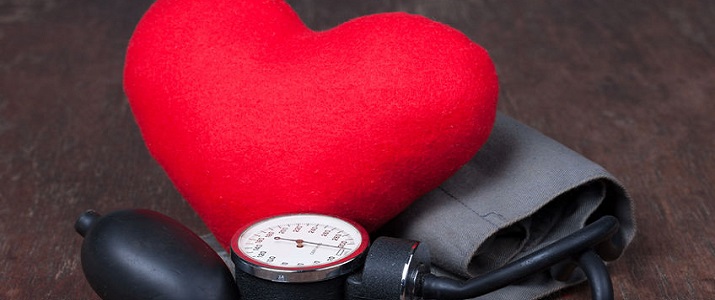Brain Health & CoQ10
Are we really able to boost our intellect and increase our intelligence? The answer is yes. The common myth is that humans only use 10% of our brains and many have sought different ways to increase this figure, however, humans do in fact use a higher percentage of the brain than what we think. We have a few easy tips on how to enhance performance and application of the brain.
Stimulate Both Hemispheres
The brain consists of 2 hemispheres, the left and right. The left hemisphere is utilized when solving mathematical and logical problem solving while the right hemisphere is where your creativity sparks from. Stimulate both sides by practicing and solving mathematical puzzles like sudoku and getting in touch with your creative side by writing short stories or by painting and sketching.
The Power of Omega
Omega-3 fats have been found to influence mental and physical health and have been extensively researched for decades. Omega-3 fat, scientifically known as Docosahexaenoic acid (DHA) helps make cell membranes more fluid, improving the function of your brain, eye, and nerve cells. Low levels of DHA have been linked to Alzheimer’s and memory loss. Higher levels of DHA have been found to improve memory, verbal fluency and the rate at which we learn.The body does not produce Omega -3 fats, eating foods such as salmon, soybeans, and flaxseeds increase DHA levels in the body.
Exercise
Get your heart rate up and your blood pumping. Not only does exercise make us look and feel great, it also encourages our brains to work at optimum capacity. Exercise benefits the body in various ways such as decreased risk of cardiovascular diseases and improved development and survival of neurons. Researchers have found that participating in aerobic exercise alters the size of the hippocampus, the area of the brain involved in verbal memory and learning.
Catch Some rays
Our bodies are designed to absorb vitamin D when exposed to the sun. Getting the appropriate amount of sun is beneficial to the nerve growth in the brain. Vitamin D has also been found to improve brain functions such as planning, processing of information and the formation of new memories. If sun exposure is not an ideal option for you, taking vitamin D3 supplements can aid in keeping your vitamin D levels up.
Listen to Music
Indulging in this simple pleasure while working out or studying can have significant effects on the brain. Listening to music alters the connectivity between auditory brain areas which are responsible for memory and social emotion consolidation. In addition to this, listening to music boosts cognitive levels and verbal fluency. European countries such as Germany have introduced music therapy programs to assist rehabilitation of patients who have had strokes, brain surgery or brain injuries.
Sleep
Not getting enough sleep impairs the mind and has the same effects as consuming too much alcohol. Sleep is essential for boosting brain power. It helps rejuvenate our body and mind. Ever heard of “sleep on it” when asked to make a decision? This is because sleep helps reset your brain and promotes thinking more creatively and clearly when we are well rested. Getting 7-9 hours sleep a day leaves you feeling rested and ready to take on new challenges for the day.

 Subscribe Now
Subscribe Now



